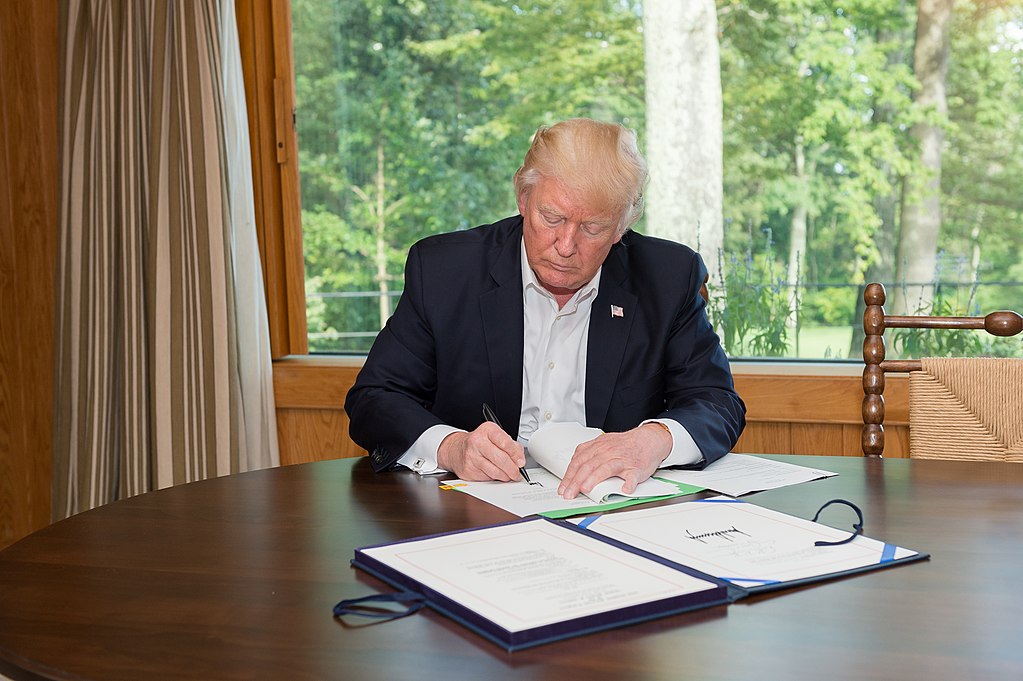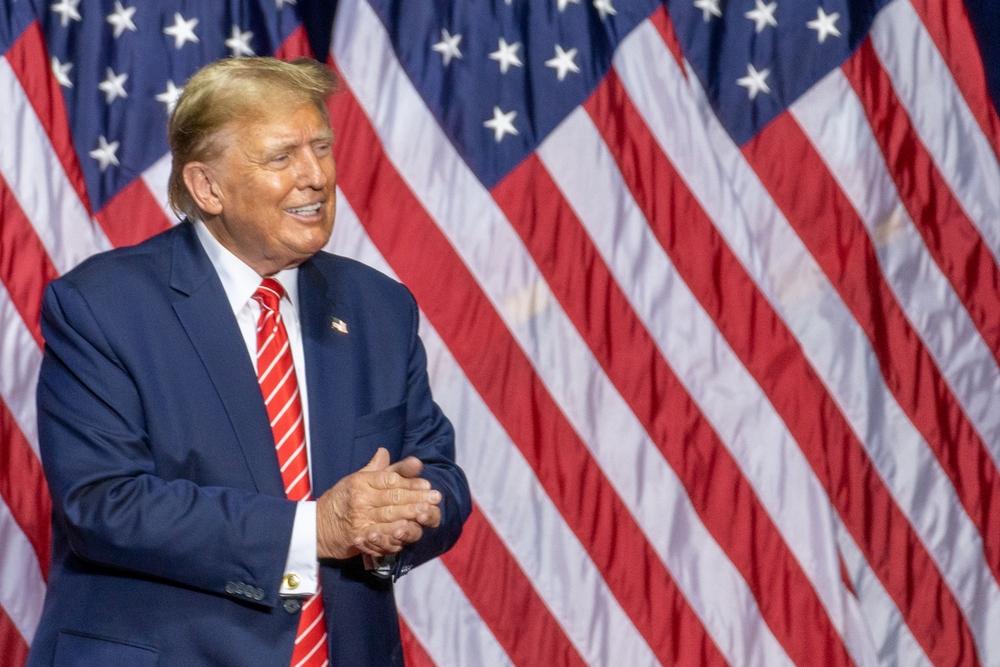In a historic move for the crypto industry, U.S. President Donald Trump signed the GENIUS Act (Guiding and Establishing National Innovation for U.S. Stablecoins) into law on Friday, establishing the first federal regulatory framework for stablecoin issuers. The bill passed with overwhelming bipartisan support—308-122 in the House and 68-30 in the Senate—and signals Washington’s strongest embrace yet of digital assets.
Speaking before a crowd of crypto leaders at the White House, Trump celebrated the law as a "massive validation" of an industry once mocked and dismissed. Attendees included executives from Coinbase, Tether, Circle, Gemini, and Chainlink. Trump remarked that under the Biden administration, the crypto community was “ignored” and even criminalized, but now it enters what his administration calls a “golden age.”
The GENIUS Act provides long-awaited clarity for stablecoin issuance, requiring 1:1 reserve backing, monthly audits, and strict AML/KYC compliance. It tasks U.S. financial regulators with implementing these rules and defining which firms can legally issue dollar-pegged digital assets like USDT and USDC. While regulatory rollout may take time, the law gives the industry a concrete framework to follow.
David Sacks, the White House’s Crypto and AI Czar, praised the legislation for setting the stage for U.S. crypto dominance and boosting demand for U.S. Treasuries through dollar-backed stablecoins. As stablecoins become key to global digital payments, this regulation could reinforce the dollar’s global role.
This legislative milestone arrives amid continued momentum in Washington, following the House’s recent passage of the Digital Asset Market Clarity Act. While the Senate’s own version is pending, crypto firms now shift from lobbying to compliance in anticipation of further regulatory developments.


























Comment 0